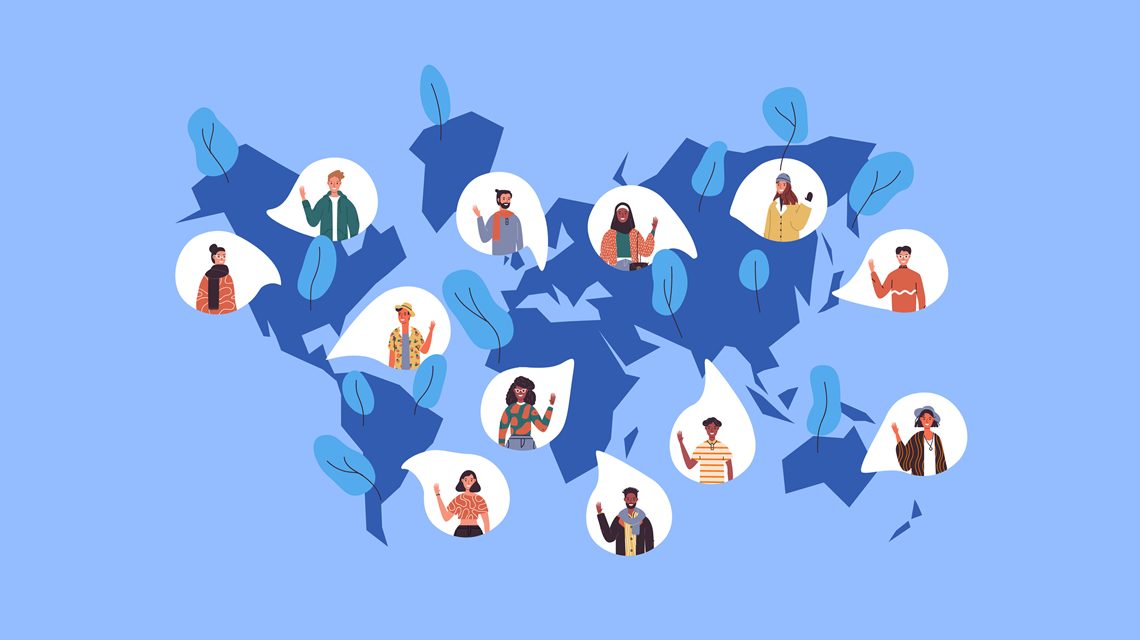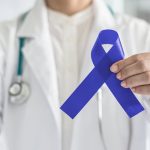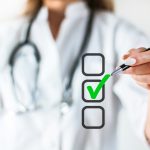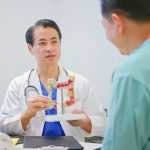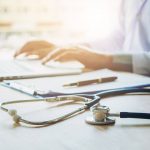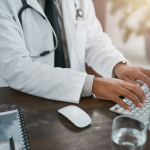Research shows that socio-cultural differences between patients and health care professionals influence many aspects of the medical encounter and can impact patient satisfaction, adherence and health outcomes.
- Patients respond better when care instructions are delivered in their own language and their cultural background is taken into account.
- Knowledge of and sensitivity to cultural differences can impact the way patients share their medical needs, as well as how physicians and nurses can enhance communication, diagnosis and treatment.
- When physicians and other health professionals are aware of cultural subtleties, this awareness can help improve patient care.
Cultural education for health care professionals is an important component of improving the quality of care delivered to diverse patient populations, and it can help address racial and ethnic disparities in health care.
There are many resources for providers available from various agencies, including the U.S. Department of Health and Human Services Office of Minority Health, which offers cultural competency education modules.
We’ve compiled a list of resources on our website, and we encourage you and your staff to explore these resources.

